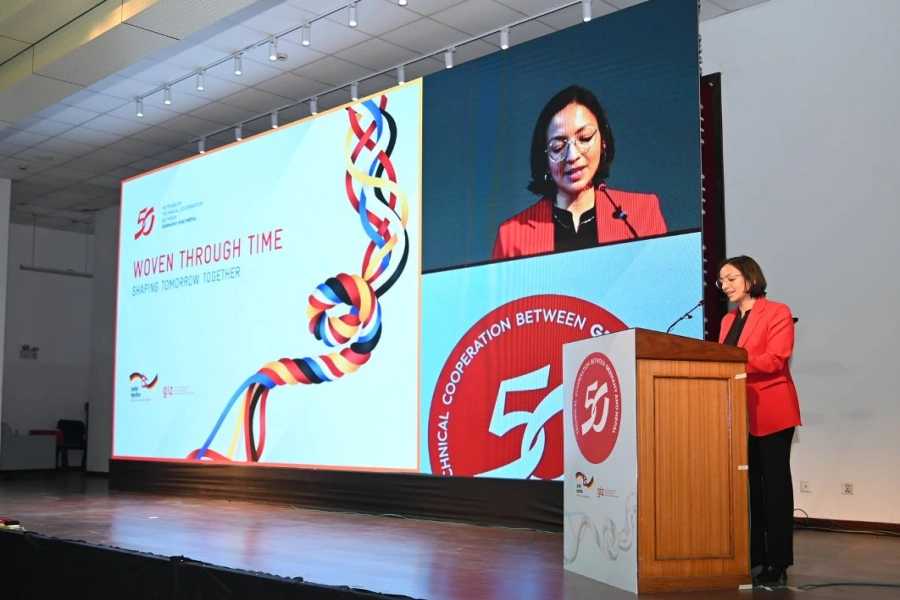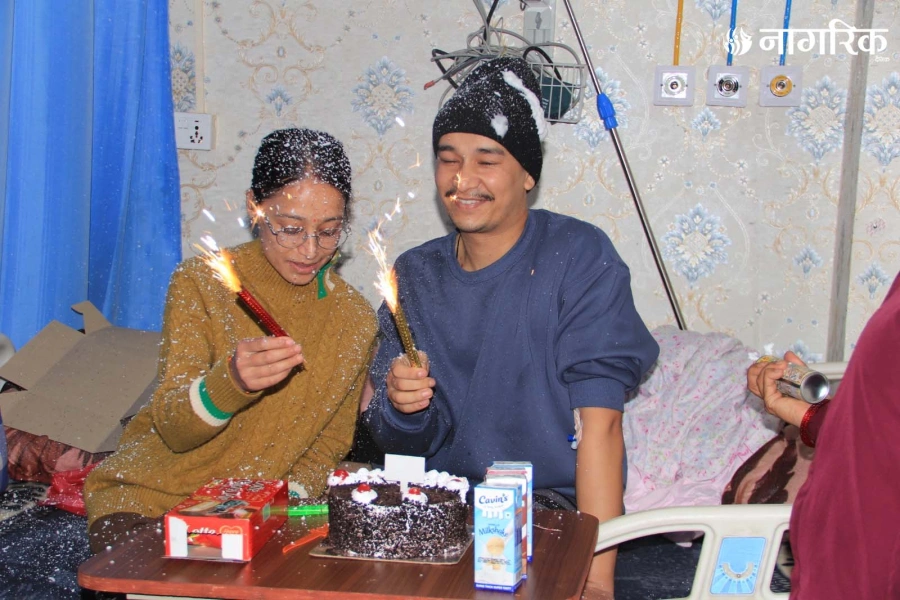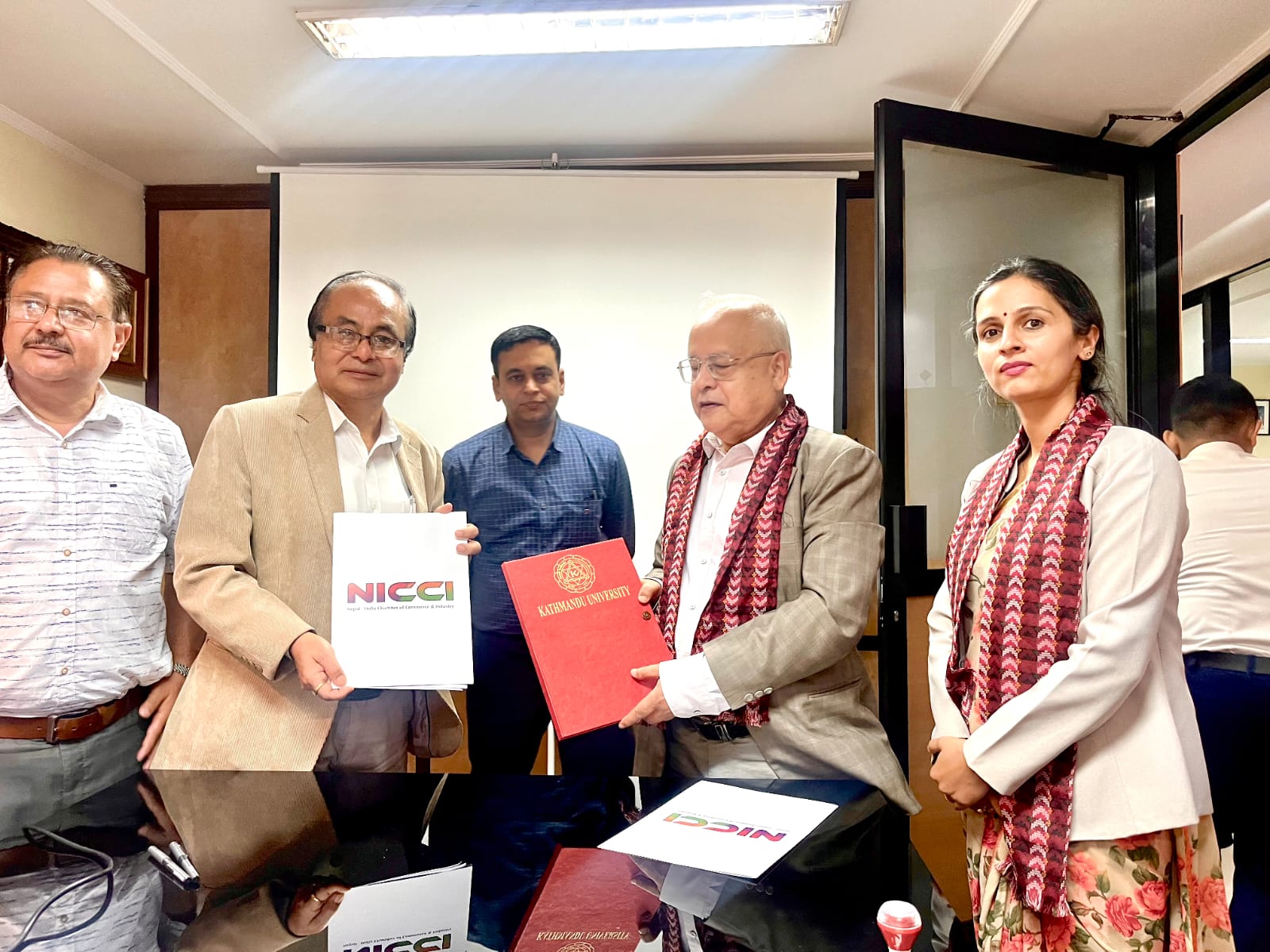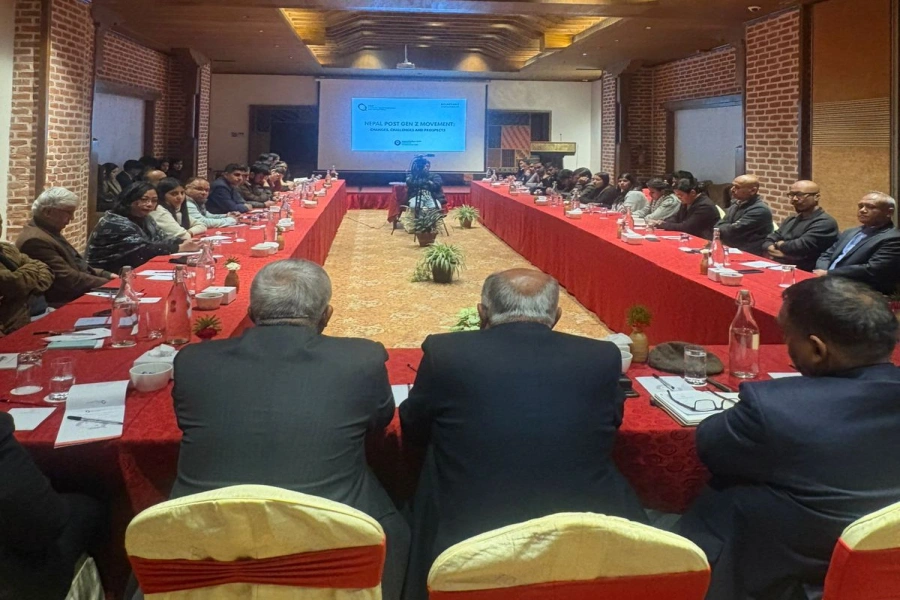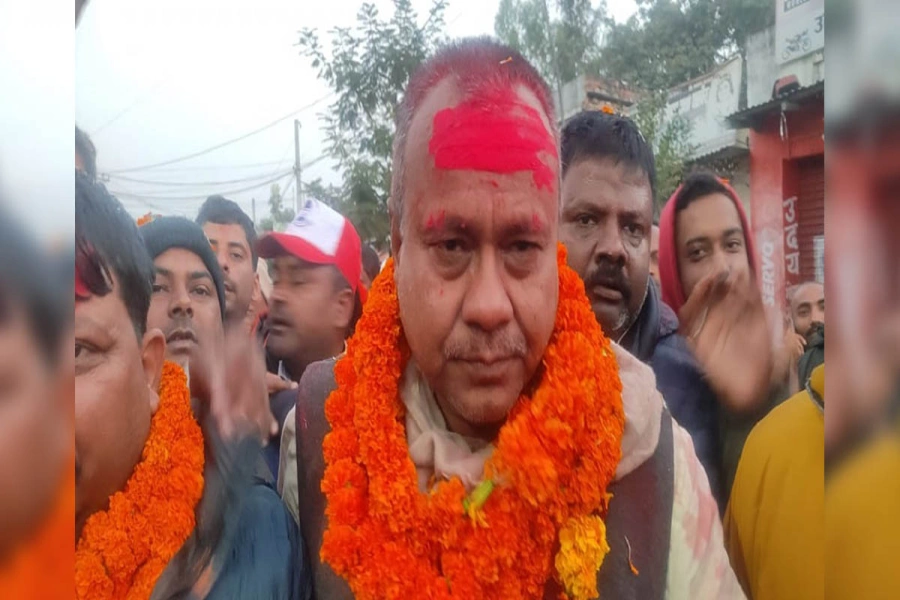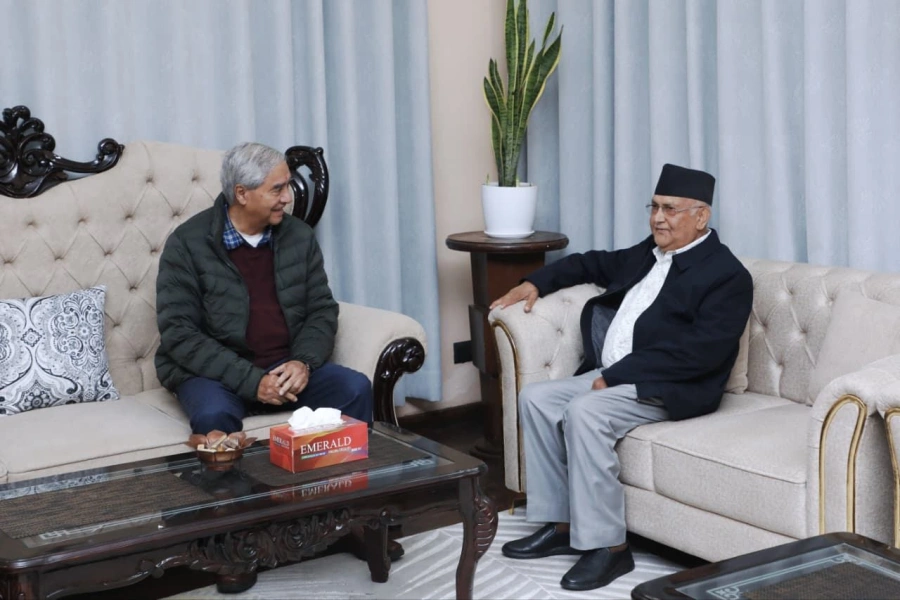KATHMANDU, Dec 2: In an effort to bridge the gap between academia and the IT industry, Presidential Business School successfully organized the third edition of the Presidential IT Conclave in Kathmandu on Friday.
The one-day event, held in collaboration with NAS-IT, facilitated meaningful interactions, fostering networking among participants, and building relationships transcending theory and practice. This aligns with the broader vision of advancing towards a digitally empowered Nepal.
Continuing its tradition of fostering innovation and collaboration, the conclave served as a flagship event designed to enhance synergy between academia and the IT industry. The event contributed significantly to the dialogue, sharing insights from panelists and participants and exploring numerous possibilities at the intersection of academia and industry.
The conclave featured three insightful panel discussions delving into emerging IT trends, advancements in learning systems, challenges faced by the IT industry, and the strategic role of outsourcing in the IT sector. Distinguished panelists from academia, the IT industry, and the government sector provided a dynamic platform for academic learning.
In addition to the traditional panel discussions, the event introduced new dimensions with IoT and robotics project demonstrations and a dedicated poster presentation session, providing an excellent platform for students to showcase their research and learning.
Presidential Business School organizes two-day IT career concla...

The first panel discussion, titled 'Breaking Barriers: Exploring the Transformative Learning Paradigm,' featured Dr Manish Pokharel, dean of the School of Engineering, Kathmandu University; Dr Suresh Manandhar, CEO/chief scientist/co-founder of Wiseyak Inc and honorary chair, AI, Madan Bhandari University of Science and Technology; and Kalpana Gurung, director/principal at PBS.
Addressing the panel discussion moderated by Bibek Bhandari, co-founder of Ascendifly, Principal Gurung emphasized, "Our focus on academic discussions aims not only to impart knowledge but also to provide a space for constructive dialogue on how we can collectively boost the IT sector in Nepal."
Gurung further argued for the creative and critical use of AI in education and highlighted the need to introduce teachers and faculties to new evaluation methods.
Suresh Manandhar, chairman of Artificial Intelligence at Madan Bhandari University of Science and Technology, emphasized the importance of understanding students' interests and distributing educational resources equitably. He stressed the need to monitor the use of AI by students to promote creativity.
Dr Manish Pokharel, dean of the School of Engineering at Kathmandu University, highlighted the communication gap between teachers and students. He argued that industries should actively participate in enhancing students' skills through workshops, training, and internships, while educational institutions should focus on sharpening students' knowledge to narrow the gap between academia and industry.
The second panel discussion, moderated by Ruchin Singh, managing director of Rumsan, focused on 'Emerging Horizons: Unlocking the Future Trends of IT.' The session included distinguished panelists such as Himalaya Kakshapati, AI consultant at Facet Technology; Kumar Pudashine, IT security and policy advisor and consultant to USAID’s Urja Nepal Project; and Sheetal Maharjan, director of AR/VR, Paracasma Inc.
Kumar Pudashine, IT security and policy advisor consultant, highlighted that Nepal is a top target for cyber attacks and emphasized the need for comprehensive policies and frameworks for cybersecurity.
The third session, 'Transforming Nepal’s IT Landscape: The Power of Outsourcing,' moderated by Rajan Koirala, founder of Mindset Cube, explored the impacts and potentials of outsourcing in reshaping IT industries in Nepal. Panelists included Anil Kumar Dutta, joint secretary of MoCIT; Richan Shrestha, president of NAS-IT; Kailash Bijayananda, SPP of Global Operation, Leapfrog Technology Corporation.
In his remarks, Bijayananda highlighted the importance of creating part-time job opportunities for students to prevent brain drain. Richan Shrestha stressed that skills take precedence over academic background in the tech industry and called for collaboration between IT colleges and companies to enhance students' skills.
Joint Secretary Anil Kumar Dutta at the MoCIT emphasized the cross-cutting usage of IT and its integration into various sectors. He highlighted ongoing consultations regarding cyber security policy, data privacy law, and the IT Bill.
The Presidential IT Conclave successfully brought together key stakeholders to bridge the gap between academia and the IT industry, contributing to the vision of a digitally empowered Nepal. The event's success was marked by insightful discussions, collaborative initiatives, and the showcasing of innovative projects by students.
Presidential Business School (PBS), founded in 2011 AD in Thapagaun, New Baneshwar, Kathmandu, is affiliated to Westcliff University, USA. Accredited by WASC, PBS offers bachelor’s and master’s programs in business administration and IT, reflecting its commitment to delivering comprehensive and accredited education to its students.



